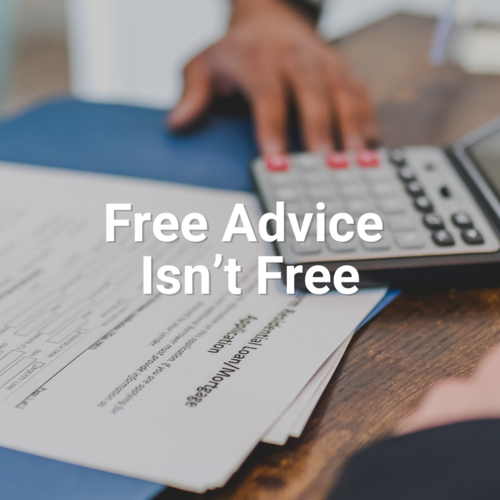To qualify for a home loan, you’ve got to convince a lender that you’re worth the risk. Lenders look at the size of the loan you want, how much money you have, how much income you earn, how much debt you carry, and whether you’ve repaid loans in the past to make their determination.
To make a loan more affordable, you can either borrow less money or borrow at a lower interest rate. There are several ways to lower the interest rate on a home loan—some are wise, some are not. If the interest rate on a conventional 30-year, fixed-rate mortgage doesn’t work for you, here are some options.
Variable-Rate Loans
Rather than choosing a fixed-rate loan, you can choose a variable-rate loan. Lenders are willing to lower interest rates on variable-rate loans because they know the rate on your loan will vary as markets fluctuate. That is, they won’t be caught lending money at a rate that loses them money. If market rates go up, your interest rate will go up and so will your monthly payment. That’s a bummer for you but good for the lender.
If market rates go down, your payment will go down. That’s good for you and fine for your lender because their costs are going down, too. To mitigate your risk, you can cap upper and/or lower limits, and those caps can either be renewed annually or set for the life of the loan. Obviously, the potential problem here is that if rates go up, you may not be able to afford your monthly payment.
2-1 or 3-2-1 Buydowns (or Teaser Rates)
The next option to reduce the interest rate on a home loan is a 2-1 buydown. In this scenario, the seller can prepay the interest to buy down the interest rate by 2 percent for the first year and 1 percent for the second year. Starting in year three, the market rate when you bought the house goes into effect for the rest of the life of the loan. There are also 3-2-1 buydowns where the seller pays interest up front and the buyer’s interest rate on the loan is reduced by 3 percent the first year, 2 percent the second year, and 1 percent the third year. Why would sellers pay this up-front money? Because they want to sell their house.
In the old days, we called these teaser rates. Buyers are not really getting a lower rate; they’re just delaying the inevitable. By negotiating with the seller to prepay interest for a couple of years, you (the buyer) can qualify for the loan at a lower rate. In exchange for reducing the rate, the lender receives cash. Everyone’s happy until the teaser rates expire and the full interest rate goes into effect.
If a buydown allows you to qualify for loan you couldn’t otherwise qualify for, that’s problematic. Unless you know you are coming into more money in a year or two (for example, your trust fund kicks in or your car loans will be paid off), I don’t recommend temporary buydowns.
Permanent Buydowns
Permanent buydowns on mortgages are different. You can ask the seller to buy down the rate for the whole life of the loan. The question becomes, would it make more sense for the seller to simply lower the purchase price of the house? Well, let’s run the numbers.
Let’s say you can put 20 percent down on a $500,000 house, making your loan amount $400,000 at an interest rate of 6.99 percent for a 30-year, fixed-rate loan. If the seller lowers the purchase price by $25,000 and you put 20 percent down, your loan would be $380,000 with the same interest rate.
Instead of reducing price, the seller could give you $15,000 toward closing costs, allowing you to reduce the permanent interest rate from $6.99 percent to 5.625 percent. This would reduce your monthly payment by $355.89. This allows the seller to walk away with an additional $10,000 and you to reduce your monthly payment by an additional $190 per month as compared to the $25,000 price reduction. Lenders are also happy with this scenario because they know the average loan is only held for about seven years, and if that’s the case, $15,000 will cover their costs.
If you have questions about property management or real estate, please contact me at [email protected] or call (707) 462-4000. If you have an idea for a future column, share it with me and if I use it, I’ll send you a $25 gift certificate to Schat’s Bakery.
Dick Selzer is a real estate broker who has been in the business for more than 45 years.


